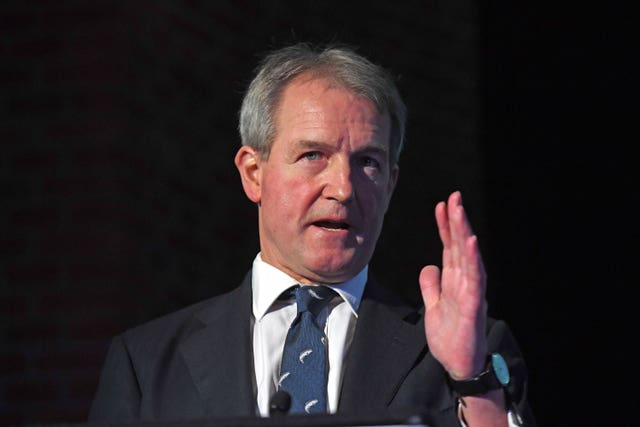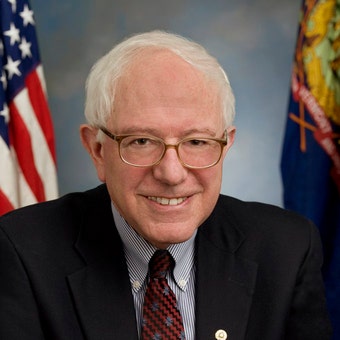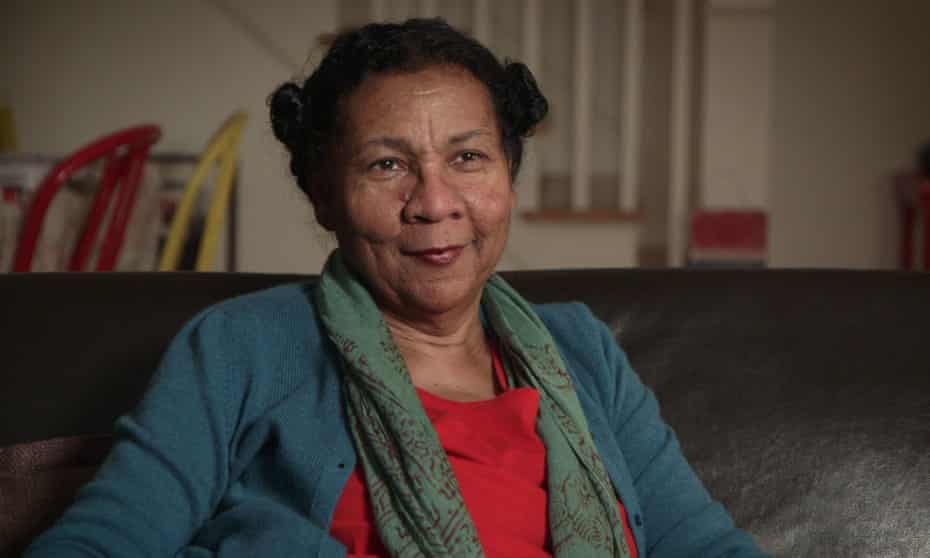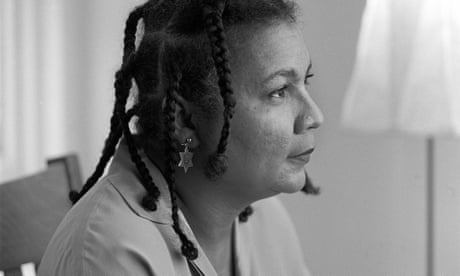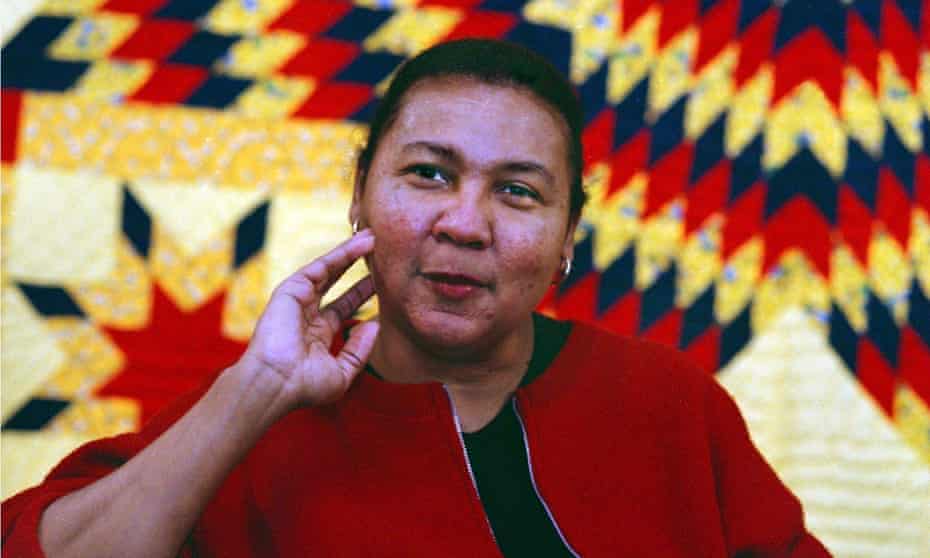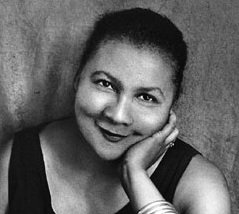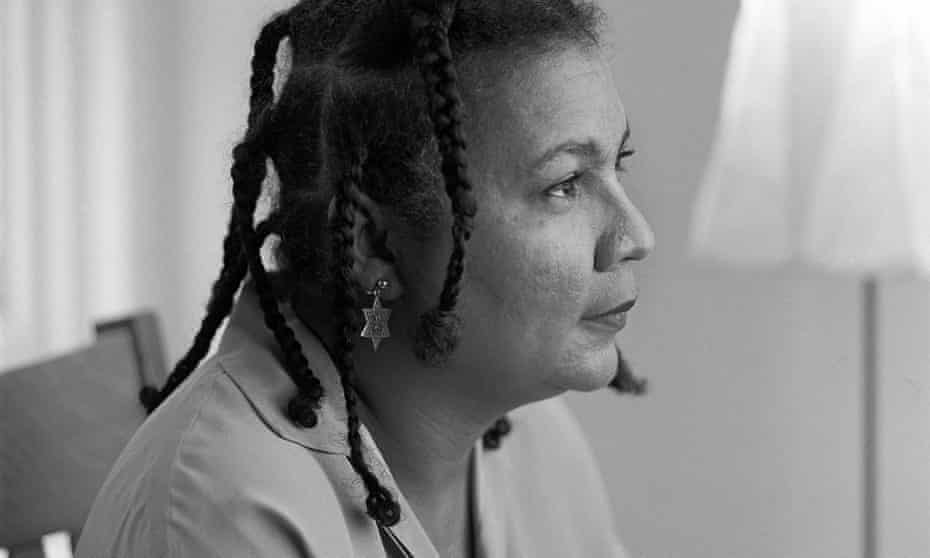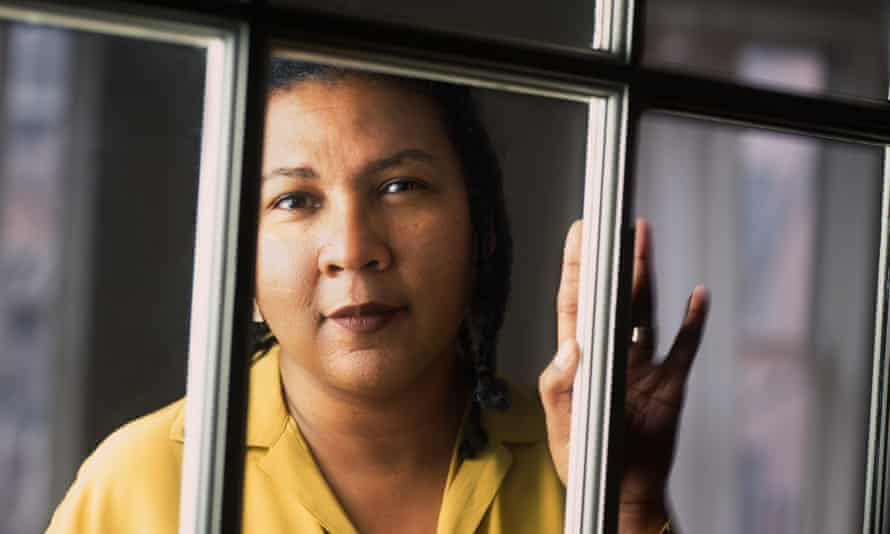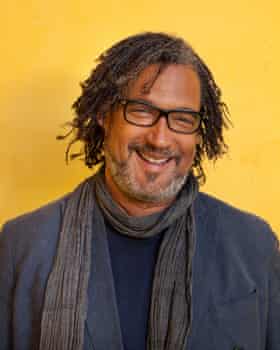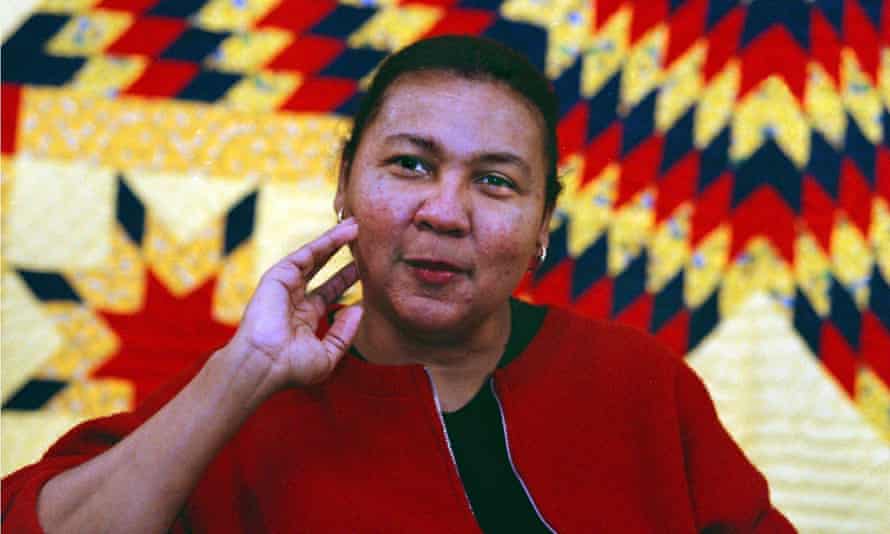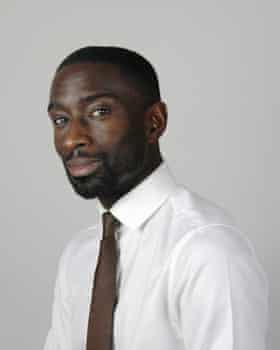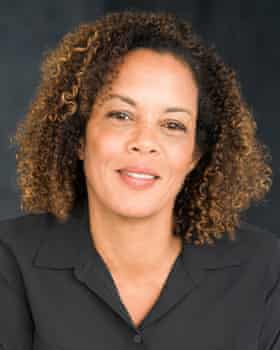Does effective democracy require the authoritarian art of stomping on the down-and-out?
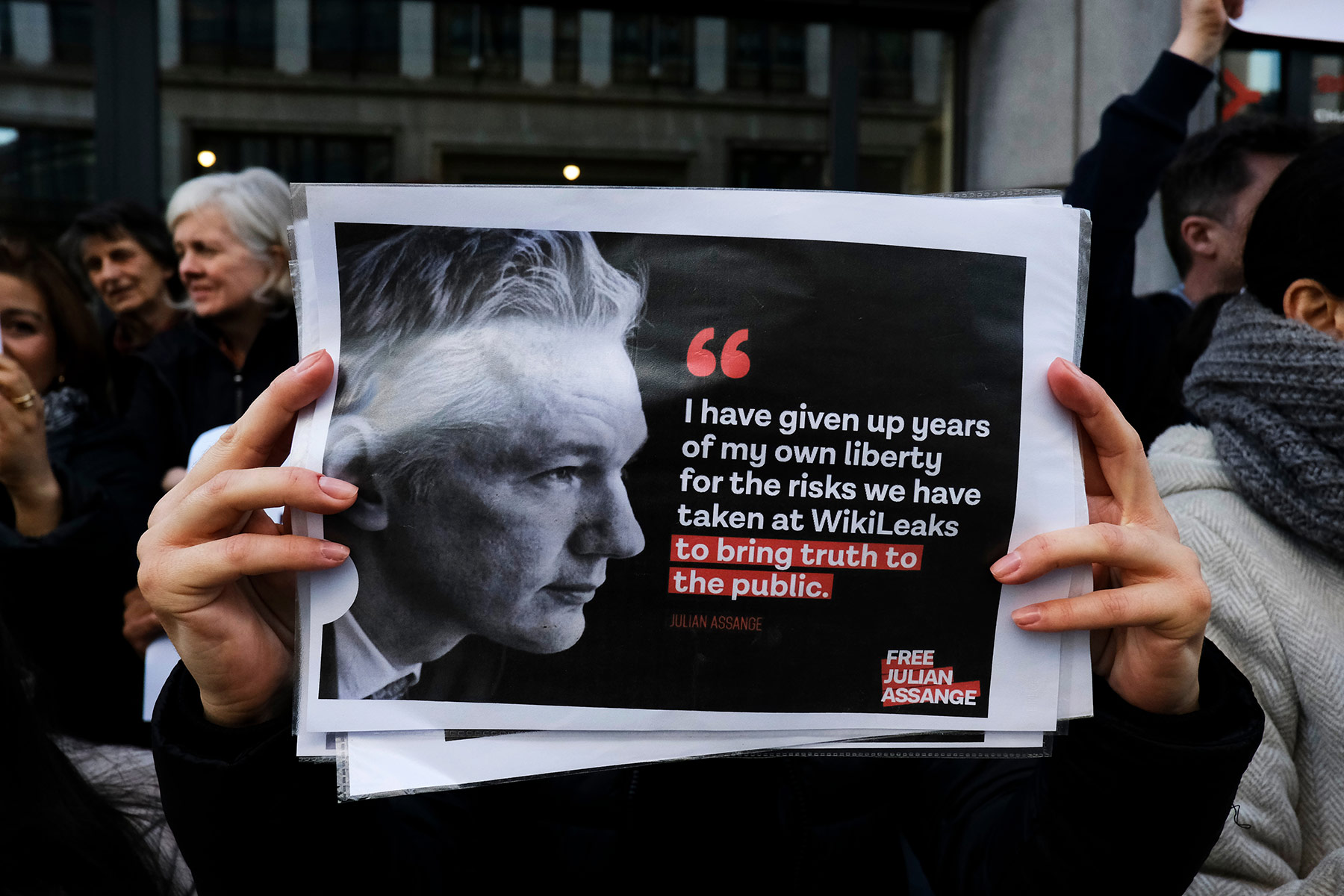
Supporters of WikiLeaks founder Julian Assange in Brussels, Belgium on 4/15/2019.
By Peter Isackson
December 13, 2021
Last week witnessed the 80th anniversary of a moment in history qualified by Franklin D. Roosevelt as “a date which will live in infamy.” On December 8, 1941, the president announced that the United States was declaring war after Japan’s unprovoked attack on Pearl Harbor a day earlier. A nation that had spent two decades wallowing in isolationism instantly became one of the principal and most powerful actors in a new world war. Victory on two fronts, against Germany and Japan, would be achieved successively in 1944 and 1945.
Last week ended with its own day of infamy when a British court overturned an earlier judgment banning the extradition to the US of WikiLeaks founder Julian Assange. Following in the footsteps of the Trump administration, President Joe Biden’s Justice Department successfully appealed the ban in its relentless effort to judge Assange for violating the 1917 Espionage Act, itself a relic of the history of the First World War.
Guns and the Wrong Side of Rights
Back then, President Woodrow Wilson’s government pulled no jingoistic punches when promoting America’s participation in Europe’s war. It actively incited the population to indulge in xenophobia. Public paranoia targeting Germany, the nation’s enemy, reached such a pitch that Beethoven was banned from the concert stage, sauerkraut was officially renamed “liberty cabbage” and hamburger “liberty steak.”
The manifestly paranoid Espionage Act sought to punish anyone who “communicates, delivers, or transmits, or attempts to communicate, deliver or transmit to any foreign government … any document, writing, code book, signal book, sketch, photograph, etc.” The law, specifically for a state of war, was so extreme it was rarely used until Barack Obama unearthed it as the elegant solution for suppressing the whistleblowers he had vowed to defend in his first presidential campaign.
Despite overindulging his taste for punishing whistleblowers, Obama refrained from seeking to extradite Assange. He feared it might appear as an assault on freedom of the press and might even incriminate The New York Times, which had published the WikiLeaks documents in 2010. In the meantime, Democrats found a stronger reason to blame Assange. He had leaked the Democratic National Committee’s emails during the 2016 presidential primary campaign. Democrats blamed the Australian for electing Donald Trump.
During his 2016 campaign, Trump repeatedly praised WikiLeaks for its willingness to expose the undemocratic practices of the Clinton campaign. But once in power, Trump’s administration vindictively demanded Assange’s extradition from the UK for having revealed war crimes that deserved being hidden for eternity from the prying eyes of journalists and historians.
Many observers expected Biden to return to the prudent wisdom of Obama and break with Trump’s vindictive initiative. He could have quietly accepted the British judge’s decision pronounced in January. Instead, his Justice Department appealed. Unlike Trump, who sought to undermine everything Obama had achieved, Biden has surprisingly revealed a deep, largely passive respect for his predecessor’s most dangerous innovations — not challenging corporate tax cuts, the withdrawal from the Iran nuclear deal and Trump’s aggressive support for Israel’s most oppressive policies with regard to Palestinians.
Biden’s eagerness to follow Trump’s gambit aimed at subjecting Assange to the US brand of military-style justice allowed New York Times journalists Megan Specia and Charlie Savage to describe Friday’s decision by the British court as a success for the administration. “The ruling was a victory,” they wrote, “at least for now, for the Biden administration, which has pursued an effort to prosecute Mr. Assange begun under the Trump administration.”
Today’s Daily Devil’s Dictionary definition:Victory:Triumph in combat, including, at two extremes, cases marked by heroic action and others prompted by malicious self-serving motives and driven by the perpetrator’s confusion of the idea of justice with sadistic, vindictive pleasure
Contextual Note
The Times journalists quote Wyn Hornbuckle, a Justice Department spokesman, who “said the government was ‘pleased by the ruling’ and would have no further comment.” At no point in the article do the authors evoke the hypothesis that Biden might have sought to overturn Trump’s policy. Nor do they analyze the reasons that could undermine the government’s case. They do quote several of Assange’s supporters, including one who called “on the Biden administration again to withdraw” the charge. Serious observers of the media might expect that a pillar of the press in a liberal democracy might be tempted to express its own concern with laws and policies that risk threatening its own freedom. Not The New York Times. This story didn’t even make its front page. None of its columnists deemed it deserving of comment.
Journalist Kalinga Seneviratne, writing for The Manila Times, offered a radical contrast. “If this year’s Nobel Peace Prize is about promoting ‘press freedom,’” he speculates, “the Norwegian Nobel Committee missed a golden opportunity to make a powerful statement at a time when such freedom is under threat in the very countries that have traditionally claimed a patent on it.” He quotes the UN’s special rapporteur on torture, Nils Melzer, who claims that “what has been done to Julian Assange is not to punish or coerce him, but to silence him and to do so in broad daylight, making visible to the entire world that those who expose the misconduct of the powerful no longer enjoy the protection of the law.”
Deutsche Welle’s Matthias von Hein noted the interesting coincidence that three converging events took place on the same day. “In a bitter twist of irony,” he writes, “a court in London has essentially paved the way for Assange’s prosecution on Human Rights Day — of all days. And how ironic that it happened on the day two journalists were honored with the Nobel Peace Prize in Oslo. Last, but not least, it coincided with the second day of the Summit on Democracy organized by US President Joe Biden.”
Von Hein added this observation: “We’re constantly hearing how Western democracies are in competition with autocratic systems. If Biden is serious about that, he should strive to be better than the world’s dictators.” But, as the saying goes, you can’t teach a 79-year old dog new tricks.
Historical Note
The coincidences do not end there. On the same day the news of Julian Assange’s fate emerged, Yahoo’s investigative reporter Michael Isikoff recounted the story of another man “brought to justice” by US authorities: Mohamedou Ould Slahi. The Mauritanian citizen had the privilege of spending 14 years in the Guantanamo Bay prison in Cuba without ever being charged with a crime, even after confessing to the crimes imagined by his torturers.
It turns out to be a touching moral tale. Even after years of imprisonment and gruesome torture, Slahi “holds no personal animus against his interrogators.” According to Isikoff, “he has even met and bonded with some of those interrogators,” years after the event. “I took it upon myself,” Slahi explained, “to be a nice person and took a vow of kindness no matter what. And you cannot have a vow of kindness without forgiving people.”
It wasn’t the Prophet Muhammad who said, “turn the other cheek” or “Forgive, and you will be forgiven.” Those words were spoken by the man George W. Bush and Donald Rumsfeld claimed to revere and whom Bush considered his “favorite philosopher.” The Quran did continue the original Christian insight, pronouncing that “retribution for an evil act is an evil one like it,” and that reconciliation and forgiveness will be rewarded by Allah.
There has clearly been no forgiveness in Washington for the “evil” committed by Assange: exposing war crimes conducted in secret with American taxpayers’ money. Slahi’s torture was conducted by the declared proponents of “Judeo-Christian” culture. Shahi’s forgiveness stands as an example of what that culture claims as a virtue but fails to embrace in its own actions.
Despite appearances, Mohamedou Ould Shahi’s case is not all that different from Julian Assange’s.
*[In the age of Oscar Wilde and Mark Twain, another American wit, the journalist Ambrose Bierce, produced a series of satirical definitions of commonly used terms, throwing light on their hidden meanings in real discourse. Bierce eventually collected and published them as a book, The Devil’s Dictionary, in 1911. We have shamelessly appropriated his title in the interest of continuing his wholesome pedagogical effort to enlighten generations of readers of the news. Read more of The Daily Devil’s Dictionary on Fair Observer.]
The views expressed in this article are the author’s own and do not necessarily reflect Fair Observer’s editorial policy.
Our reporters
WSWS.ORG
Last Friday, Britain’s High Court ruled in favour of a US government appeal aimed at extraditing WikiLeaks publisher Julian Assange to the United States. The court’s decision confirms that the British state, its government, judiciary, and intelligence agencies are determined to destroy Assange in retribution for WikiLeaks’ courageous exposure of war crimes in Iraq and Afghanistan.
Over the coming weeks the World Socialist Web Site will publish interviews and statements from workers, young people, medical professionals and lawyers, artists and writers, speaking out against one of the greatest political crimes of the 21st century.
As the WSWS wrote in June 2019, “Only by organizing protest actions on an international scale—meetings, rallies, demonstrations, and public conferences—will it be possible to frustrate and defeat the plans of reactionary governments, their intelligence agencies and political agents to silence and destroy Julian Assange. The aim of this campaign must be to politically arouse and mobilize the international working class—the overwhelming majority of the population and the most powerful social force on the planet—in defence of Julian Assange and, in fact, the democratic and social rights of all workers.”
We urge readers of the World Socialist Web Site to send messages of support and to organise motions in your workplace, school or college demanding Assange’s immediate and unconditional freedom.
The WSWS has received the following statements of support from workers in Scotland and England.
Emily, a carer in Edinburgh, Scotland originally from Australia said, “It is difficult to express the revulsion I feel at the continued persecution of Julian Assange, an Australian journalist who published information on the war crimes of the US and its allies. The governments of these nations have conspired to continuously violate his human rights. They have smeared his character, imprisoned and tortured him to the point of him suffering a stroke, refused him legal asylum, and are now preparing to put him through another show trial in another foreign country. There, he will again be imprisoned, mistreated, and eventually die as a result.
“Despite the orchestrated smears and intimidation, public support for Assange in his home country is across the political spectrum. I, along with many other Australians, will continue to support Assange and recognise this miscarriage of justice for what it is.”
Dino, a mental health social worker in Dorset described the situation facing Assange as “quite distressing to be honest. The guy’s being punished for good things he has done! And for how many years? A murderer would have been let out by now. He spent his best years under some form of arrest and now Uncle Sam wants to use his stick on him. A pathetic court outcome to be frank.
“Mr Assange has been a shining beacon when it comes to unearthing what certain governments wanted to keep a tight lid on. However, due to their power, and judges who kow-tow to deeply disturbing agendas, he is being made a scapegoat for their heinous crimes against humanity.
“I am sad that UK’s judges have concluded that Mr Assange is in position to stand a trial in US courts. He has already spent about a decade in one or another form of arrest, and he deserves to be living freely with his family. This move makes it abundantly clear that UK’s judges are not impartial—on the contrary, they are politically driven, and this case sets an historic precedent.”
Onya, a shipyard worker in Rosyth, Scotland said, “The illusion that liberal democracies allow freedom of speech has been shattered. You are free to say as you wish providing it doesn't expose abhorrent state sanctioned war crimes or upset the status quo. Assange should be championed as a campaigner for human rights rather than vilified and subjected to what could be considered torture.”
Gerard, a retired shipyard worker from Renfrew, Scotland said, “I'd like to say that Julian Assange has been basically fed to the wolves by governments at the highest level.
“Julian Assange has been treated like a dockyard rat while in the hands of security services. They bleat out the usual gibberish about ‘working in the interests of public security and treating any human with the utmost respect’ ...where have I heard that classic line before? Get ready for another saga which will rival Tolstoy's masterpiece.
“Please let common sense prevail and help this human being to achieve his freedom.”
Ken, a former building worker from Dundee, Scotland said, “The decision to extradite Julian Assange is a crime against humanity. Especially against such a brilliant journalist. The crimes he exposed regarding the United States and its barbaric murders around the globe, testify to his brilliance as an investigative journalist.
“The courts in Britain and America had already made up their minds that Julian was guilty. There is no doubt that the American authorities’ guarantee that he would be treated with leniency is a pack of lies. His physical and mental health must be in a terrible state, especially after having a stroke. A campaign in the working class worldwide is the way forward to freeing him from the prison where he is currently incarcerated.”
Francesa, a retired nurse and teacher from Scotland, cited the words of Berit Reiss Andersen who announced the winners in Oslo on Friday of the Nobel Peace Prize, “Without freedom of expression and freedom of the press, it will be difficult to successfully promote fraternity between nations, disarmament, and a better world order to succeed in our time”.
Francesca cited the Nobel Committee’s words, “Free, independent and factual based journalism serves to protect against abuse of power, lies and war propaganda”.
She responded, “It is somewhat ironic that this was announced on the date of the Court of Appeal’s ruling to allow Julian Assange to be extradited to the United States, despite reliable reports released of his general ill health and that he had suffered a stroke at the time of his trial. Assange, WikiLeaks founder and publisher, has attained global attention for publishing documents known as the Afghanistan diaries, Iraq War Logs and Guantanamo Bay prisoners and US diplomatic documents these were published between 2009-2011. His crime was exposing war crimes against humanity and illegal political and military wrongdoings by US and the allies.
“While there is an almost media blackout on reporting the trial of Assange, releasing grim pictorial evidence of inhuman US actions of bombing innocent men, women and children in the so-called War on Terror, Julian Assange rots in Belmarsh prison in south-east London as the US insists and demands his extradition to die in a cell for exposing US war crimes. In supporting Julian Assange, we are uniting to defend free speech.”
David, a former sports lecturer from Montrose, Scotland said, “I am truly saddened, but unfortunately not shocked, at the ruling on Friday to allow for the extradition of Julian Assange to the United States of America. Assange is a man who has done more than most other so-called journalists to expose the crimes of the US and UK in their dirty wars. He highlighted corruption, abuse, war crimes, deception and downright criminality. He allowed the world to see these crimes for themselves.
“The man who should be lauded, applauded and awarded for such bravery is now facing a fate that is of the realm of nightmares. This man has already been imprisoned for over a decade. He has failing health, both mentally and physically and may not survive this fresh ordeal. It is an inhumane decision, but inhumanity seems to run through much of our established bodies. Surely the judiciary should not add to this. Independence in our judiciary is in grave doubt and it does serious damage to any notion of British justice.”
Terry, a former welder from Wakefield in West Yorkshire wrote, “I oppose the extradition of Julian Assange. The conclusion of the UK law courts is an injustice against him. He is being made a scapegoat for telling the truth about the war crimes in Iraq. America wants to jail him to hide their atrocities. There is no justice and no democracy, and it will have consequences for us all if they are allowed to extradite him. Julian Assange, we salute you.”
Ben, a software engineer from North Yorkshire wrote, “I hold the American and British ruling class, and their courts, responsible for Julian Assange’s Transient Ischaemic Attack [a ‘mini-stroke’]. This would have been triggered by stress about the prospect of being handed over to criminals who demanded his execution in 2010 and plotted his murder later.
“Much worse could come if he is exposed to Omicron, given his poor health. He has been deprived of the ability to meaningfully exercise and to have adequate sun exposure for more than two years at Belmarsh. All of this is immensely damaging. The judges will have known of his deteriorated health.
“The ruling class and its supporters in the ‘liberal’ press no longer bother to pretend that they are pursing Assange for sexual assault allegations--the mask came off two years ago. It was always about his key role at WikiLeaks in exposing war crimes.”
Chris Porter, a lecturer at Manchester Metropolitan University, speaking in a personal capacity said, “The UK High Court’s decision, and whole approach to the case, is an indictment of the subjugation of the British judiciary and indeed state, to the lickspittle service of American imperialism. It signals a worrying and telling tendency of failing capitalist states of silencing journalists who reveal truths about their crimes. The lack of support for Assange in the corporate media, mostly consisting of silence, carries as much complicity as the other arms of the state.”
MOSCOW, December 15. /TASS/. The Western countries’ actions towards the founder of WikiLeaks, Julian Assange, are aimed at "annihilating" him, Russian Foreign Ministry spokeswoman Maria Zakharova told a news briefing on Wednesday.
"The actions taken by our Western partners over the past few years smack of cannibalism. All this is not about some double standards or defiance of lofty principles and ideals. It’s about the annihilation of an individual, revenge for his stance, for his courage and for the fact that he deemed it necessary, apparently aware of the potential risks, to share with the world some crucial information that shed light on the lies and deceit committed by a number of states," she said.
Zakharova expressed surprise that the international community’s reaction to the inhuman treatment of Assange was so slack.
"Everybody can see that this man is being annihilated. He looks like two different people. Everybody can see his current condition, not to mention the campaign of victimization the champions of democracy have organized against him."
Assange has been in custody in London’s Belmarsh Prison since April 2019, after the embassy of Ecuador revoked his asylum, which he had enjoyed for seven years. In January, the Westminster Magistrates’ Court refused to extradite Assange to the United States where he faces 18 criminal charges, but at the same time ruled that he should stay in custody until the US appeal has been considered. On December 10, the Court of Appeal of England and Wales upheld the US Department of Justice’s appeal filed in the case of the WikiLeaks founder’s extradition to the US.
In the United States, Assange is charged with a number of offenses in connection with the largest disclosure of classified information in US history. If convicted on all counts, he may be handed a 175-year prison term.
OPINION









